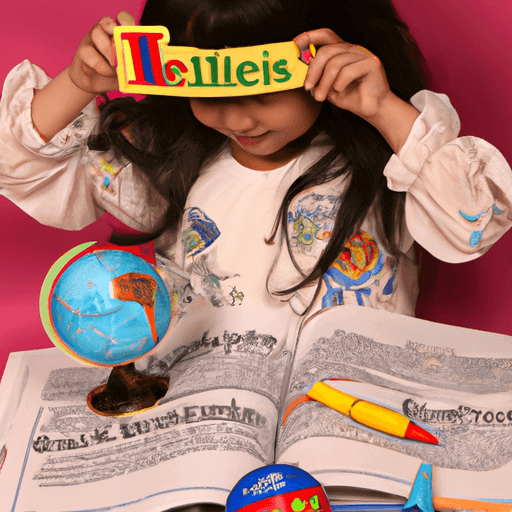564
Newsletter
Subscribe to our newsletter for exclusive content, latest news and trends, and exciting new features.
Tranding
Categories
LifestyleEntertainmentTechnologyScience and natureGaming and esportsBusiness and entrepreneurshipHome and gardenTravel and tourism
Education and learningPets and animalsMusic and EntertainmentFood and cookingSports and fitnessEnvironment and sustainabilityLiterature and writingArts and cultureBeauty and personal careHealth and wellness




















Comments
Leave a Comment